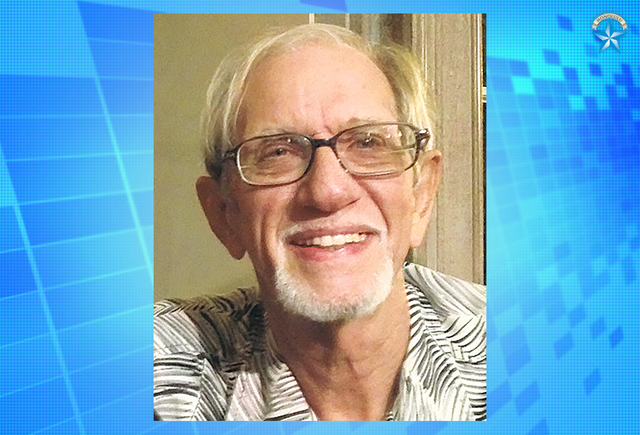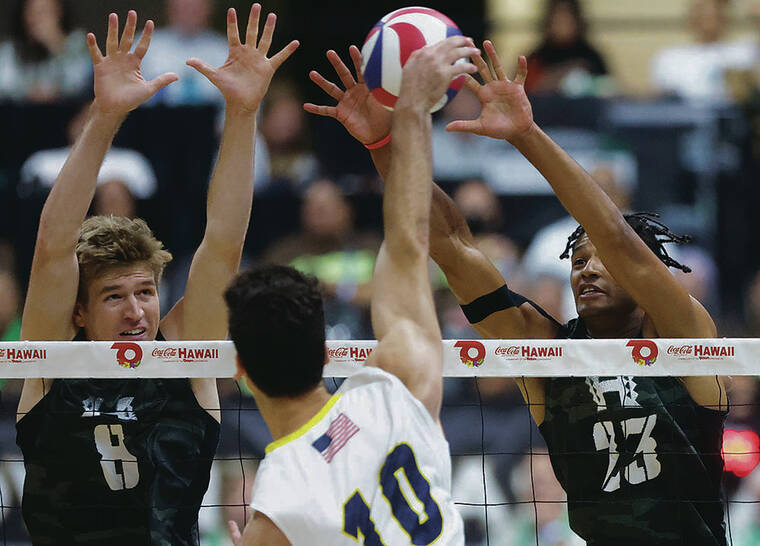End-of-life talks with family are key

“I’ve witnessed so many older people whose quality of life goes to nothing, especially in those last months.”
Scott Foster
Hawaii Death With Dignity Society co-founder
Start talking to relatives about how they want to die before they become critically ill.
That’s Jade Young’s strongly held take on the matter. As a hospice educator and chaplain who has witnessed many families, including her own, struggle with end-of-life decisions during a time of anguish, Young advises, “An advance health care directive is a must, must, must.”
Young was among the panelists at an event titled “End-of-Life Options and Dying With Dignity: Next Steps,” which was moderated by Mary Steiner of Compassion & Choices Hawaii. About 60 people attended the monthly Open Table discussion Tuesday, hosted by The Interfaith Alliance Hawai‘i at the First Unitarian Church of Honolulu.
Other panelists included Scott Foster, Hawaii Death With Dignity Society co-founder, and Dr. Craig Nakatsuka, a Kaiser Permanente physician specializing in long-term and palliative care. Foster talked about his support for a proposed doctor-assisted dying law, while Nakatsuka expressed his opposition.
Young and Nakatsuka stressed the need to have family or friends hold the difficult conversations about what is most important to the patient before a health crisis, and to document a person’s preferences in a legal document.
Nakatsuka said many of his consultations involve some sort of conflict between the person with power-of-attorney authority and a patient’s relative who “is resisting following through with the advance directives because they say they never knew anything about it, and how dare we say that truly our mother was in her right mind when she wrote that.”
Don't miss out on what's happening!
Stay in touch with breaking news, as it happens, conveniently in your email inbox. It's FREE!
Young said, “I think it’s important for a family to know they’re in the driver’s seat. Using my parents as an example, that generation lived with the idea that the doctor knows best. So they would take everything that their doctor said without question. Now we can question without … being disrespectful.”
Working together
Young recommended a team approach to end-of-life decisions, in which a medical adviser and some key family members act as advocates for a patient. Nakatsuka also supports a team approach that is centered around patient preferences.
Young said, “The piece that gets overlooked so much (in the discussion) is that the death and dying process is a sacred process” that should bring “peace of mind and peace of heart” to the dying person. And each person has a different take on what quality-of-life care should consist of. “For some that means, ‘I want all medical interventions,’” while others will have a more “spiritual dimension to their dying process that is equally important to them.”
In a written statement, Steiner said Compassion & Choices Hawaii is launching a campaign in support of establishing a full complement of end-of-life care options in Hawaii including hospice care, pain management and palliative care, as well as an option for a dying patient to refuse unwanted medical treatment.
In another statement, The Interfaith Alliance Hawai‘i and Religious Leaders for Assisted Dying stated, “So there are no misunderstandings, we do not support the indiscriminate taking of one’s own life, but rather acknowledge that in certain carefully defined circumstances, it would be humane to recognize that death is certain and suffering is great. … Just as we should be free to worship according to our individual understanding of faith, we should have the freedom in making our own end-of-life choices.”
One response to “End-of-life talks with family are key”
Leave a Reply
You must be logged in to post a comment.







For over 2 years have been taking care of spouse who is suffering with Alzheimer. It is a daily struggle for her to cope with her memory deficiency, mentally and physically. Witnessing her daily struggles is most disheartening, as there is nothing that can be done to delay the onslaught of this disease. We have been married 65 years as of 28 of last December and hope she can last awhile longer. It is most difficult when she indicate/express a desire to leave this world for the best. Other than an infirmed right hip and constant sciatic right shin pain that impact my mobility severely am relatively healthy soon to be 91 years in 25 days. Luckily, have son who visits to prepare our meals and do chores to maintain our daily household needs. Believe strongly that each individual should have the right to ends his life whenever he chooses..